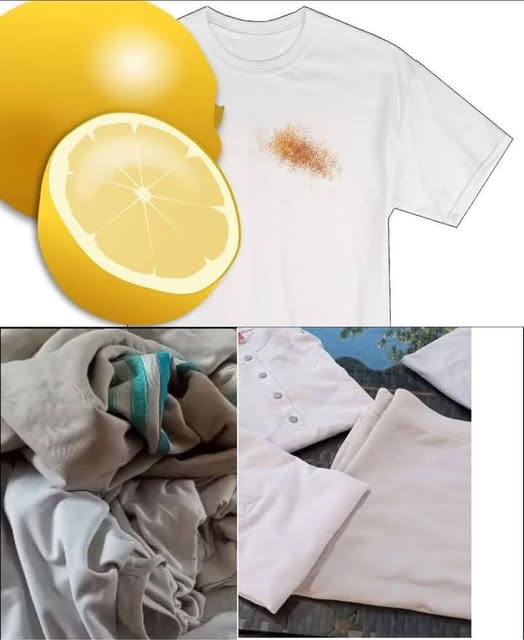ADVERTISEMENT
How to Prevent White Sheets from Yellowing When Exposed to Heat
White sheets are a staple in many homes, offering a clean and fresh look that can brighten up any bedroom. However, one common problem many people face is the yellowing of white sheets, especially when exposed to heat. Whether it’s from natural body oils, sweat, or the heat from dryers and sunlight, these stains can make even the most pristine sheets look worn and old. The good news is, there are simple steps you can take to prevent your white sheets from yellowing, particularly when subjected to heat.
In this article, we’ll explore the main causes of yellowing sheets and how you can avoid this issue with some helpful tips and tricks.
Why Do White Sheets Turn Yellow?
Before we dive into how to prevent yellowing, it’s important to understand why it happens. There are a few reasons your white sheets may start turning yellow over time:
- Body Oils and Sweat: Our skin produces oils, and when we sleep, those oils can transfer onto the fabric. Over time, combined with heat, these oils oxidize and cause yellow stains.
- Heat from Drying: When sheets are dried in direct sunlight or in high-heat dryers, the heat can set oils and stains into the fabric, which makes the yellowing more pronounced.
- Chlorine Bleach: While bleach can effectively clean white fabrics, using it too frequently or in high quantities can damage fibers, leading to yellowing over time. The bleach may break down the fabric’s structure, leaving behind a residue that causes yellow discoloration.
- Detergent Build-Up: Using too much detergent can leave a residue on your sheets, and when exposed to heat, this residue can react with the fabric, causing yellow spots.
How to Prevent Yellowing of White Sheets
Now that we know why yellowing happens, here are some tips to help you prevent it:
1. Wash Sheets Regularly
Regular washing helps to remove oils, sweat, and dirt that can contribute to yellowing. Aim to wash your sheets at least once a week, and more often if necessary (e.g., if you’re a heavy sweater). This removes build-up and keeps your sheets fresher for longer.
2. Use a Gentle Detergent
Opt for a mild detergent that’s designed for delicate fabrics. Avoid using excessive amounts of detergent as this can leave behind a residue that can lead to yellowing. If possible, try to use detergent without added dyes or fragrances, which can cause discoloration over time.
3. Avoid Chlorine Bleach
Chlorine bleach may seem like a quick fix to whiten sheets, but over time it can break down fabric fibers, causing yellowing. Instead of chlorine bleach, try using oxygen bleach or a natural alternative like baking soda or vinegar. These are gentler on the fabric and help maintain the whiteness of your sheets without causing yellow stains.
- Baking Soda: Add ½ cup of baking soda to your regular laundry detergent to help keep your white sheets bright.
- White Vinegar: Add ½ cup of white vinegar to the rinse cycle to remove detergent residue and help brighten whites naturally.
4. Wash with Cold Water
Washing white sheets with cold water instead of hot water helps prevent heat from setting stains into the fabric. Heat can activate oils and sweat, leading to yellow stains. Cold water is also gentler on the fibers, helping to preserve their brightness.
5. Dry Sheets Properly
The way you dry your white sheets can have a significant impact on whether they turn yellow. If you dry your sheets in direct sunlight, it’s important to avoid overexposure. While sunlight can be great for brightening whites, too much exposure can lead to yellowing due to UV rays and heat. If you’re drying your sheets in the dryer, avoid using high heat. Use a low-heat setting instead to prevent setting any stains.
